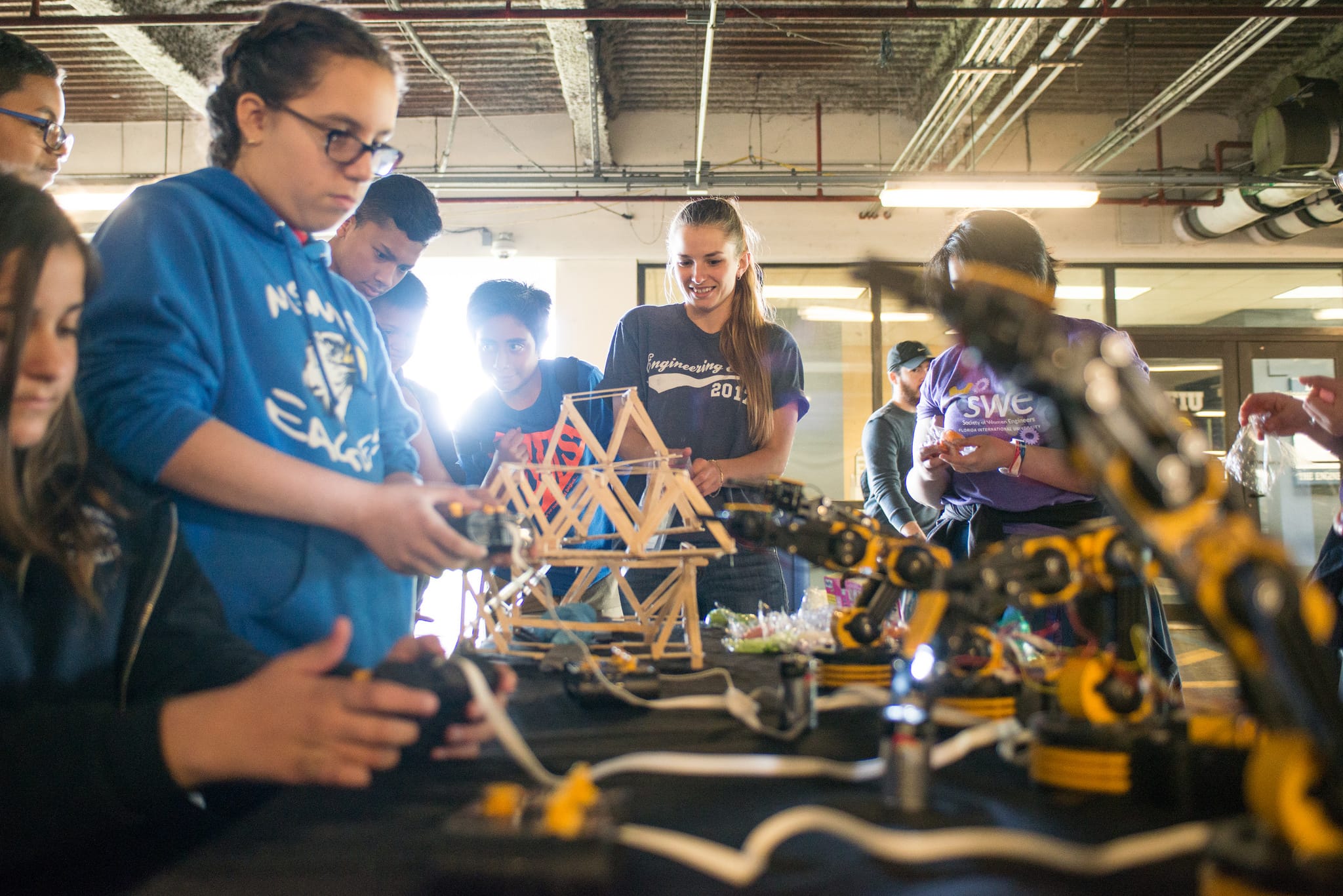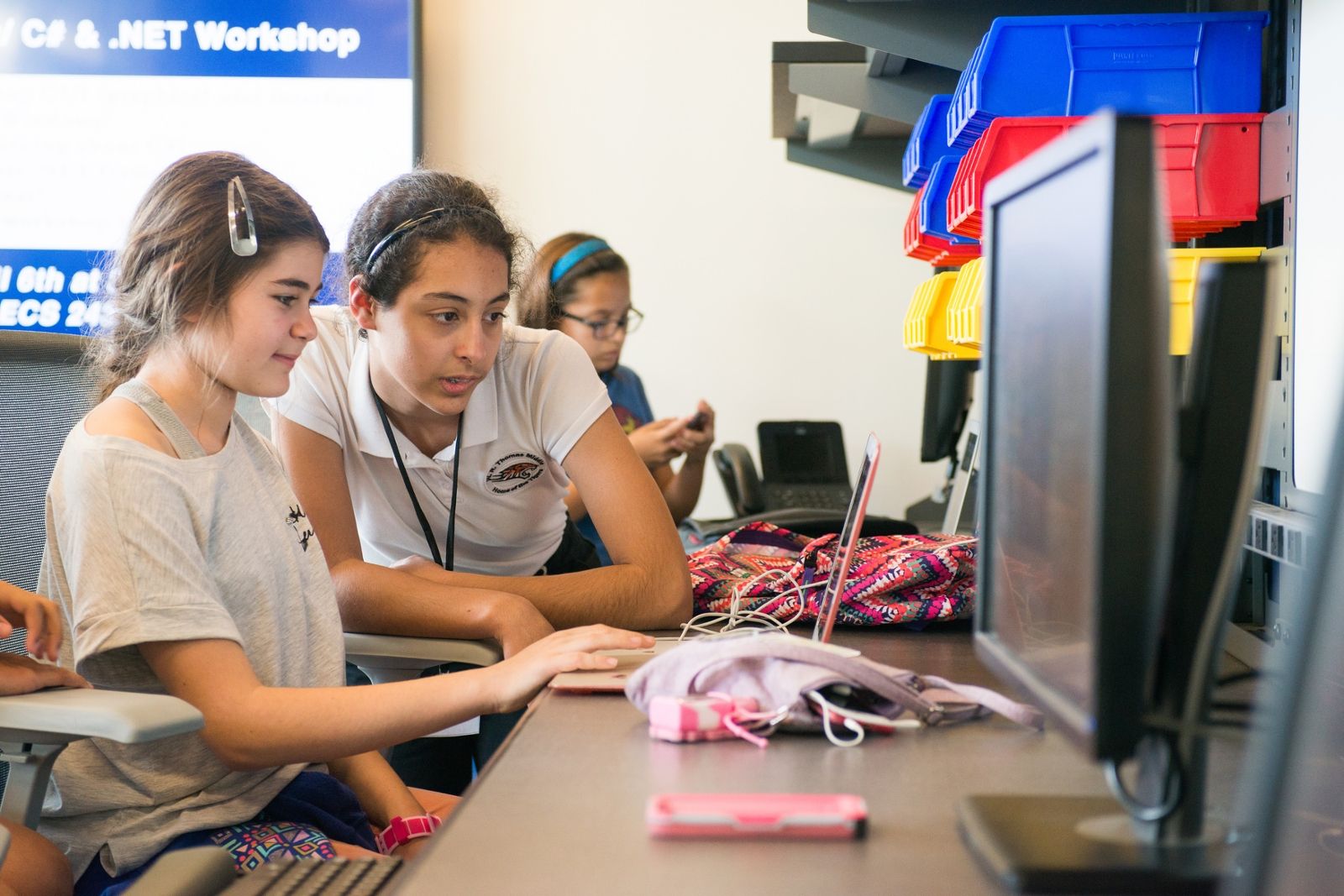
Voices Organizing Change in Educational Systems (VOCES)
This project aims to transform university practices by integrating student-generated strategies and actions into faculty professional development and university operations, thus, improving student learning and graduation success across all STEM disciplines. This project will utilize students' experiences to sustainable improve FIU’s student success through the establishment of a STEM Voceros program, creation of faculty professional development with students as partners, and institution practices and policies that integrate students' perspectives. The expected outcomes of this work include new student-led educational improvement models that can be adapted and implemented at HSIs across the nation and have the potential to transform educational systems to better serve students' needs.

Audio for Inclusion:
When qualitative researchers want to understand student experiences, we often interview students. Interviews help us gain empathy for the student perspective and uncover important insight about processes that contribute to inclusion in engineering. This project is about translating that empathy and insight to faculty through edited audio interviews. We are working with students from the FIU Theatre department to create audio formats that we test with faculty to see their impact. The final audio, YouTube, and podcast resources can be shared on websites for faculty and as a resource for faculty development workshops.
Florida-IT Graduation Attainment Pathways (Flit-GAP)
Flit-GAP is a NSF-sponsored scholarship and student support program for computing and IT-related student pathways. Students must have unmet financial need in order to qualify for the program, and they explore one of three career pathways: professional / internship, research / graduate school, or entrepreneurship. As researchers on this project, we are employing a mix of qualitative interviews and observations and quantitative survey methods to understand how students relate to their future career pathways and how the program could better support them.

Justice Equity Diversity Inclusion (JEDI) Ambassadors
The JEDI Ambassadors program empowers FIU engineering and computing students to help shift their local university around issues of justice, equity, diversity, and inclusion. We are collaborateng with the Center for Diversity and Student Success in Engineering and Computing (CD-SSEC) in this project, and JEDI students support CD-SSEC activities such as Engineers on Wheels student outreach, JEDI-related programming for FIU students, and research focused on JEDI issues for FIU students. JEDI students have presented in undergraduate student research fairs and at national conferences, and their outreach efforts have been featured in local news stories.